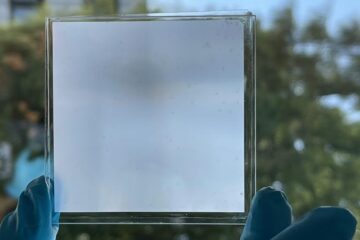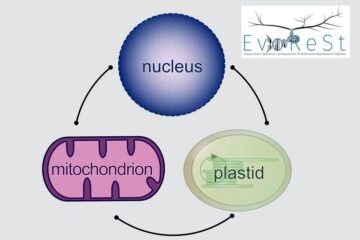Delta-Sensor – A novel corrosion analyser for wireless corrosion mapping of reinforced concrete structures

Corrosion of steel in concrete is a global problem, leading to billions of dollar in repair and maintenance cost. A reliable diagnosis of the condition of a reinforced concrete structure is the basis for an effective life cycle management.
Potential mapping allows a location of areas with a high risk of chloride induced corrosion of steel in concrete. Typically, a half cell potential is measured with a high resistive voltmeter between an external reference electrode and the reinforcement. However, this method requires the local destruction of the concrete cover to establish a galvanic contact between steel bars and the reference electrode. In some cases older structures cannot be analysed reliably due to the discontinuity of the reinforcement. The novel Delta-Sensor Concrete Corrosion Analyser overcomes these disadvantages by measuring without a reinforcement connection through a direct measurement of the surface potentials between three CuSO4 half cells and the determination of the field gradient in the vicinity of depassivated reinforcement areas. The results are plotted in a corrosion map, showing precisely the position of critical areas in the concrete structure.
Weitere Informationen: PDF
PROvendis GmbH
Tel.: +49 (0)208/94105 10
Ansprechpartner
Dipl.-Ing. Alfred Schillert
Media Contact
Alle Nachrichten aus der Kategorie: Technologieangebote
Neueste Beiträge

Neuartiges Material für nachhaltiges Bauen
Innovativer Werkstoff für eine energieeffiziente Architektur: Forschende des Karlsruher Instituts für Technologie (KIT) stellen in der aktuellen Ausgabe der Fachzeitschrift Nature Communications ein polymerbasiertes Material mit besonderen Eigenschaften vor. Das…

Neues Antibiotikum gegen Erreger der Flussblindheit und Lymphatischen Filariose
Prof. Achim Hoerauf, Direktor des Instituts für Medizinische Mikrobiologie, Immunologie und Parasitologie des Universitätsklinikums Bonn (UKB), und seinem Team ist es in Kollaboration mit der Abteilung Pharmazeutische Technologie und Biopharmazie…

Evolutionäre Genomik: Folgen biodiverser Fortpflanzungssysteme
Die Deutsche Forschungsgemeinschaft (DFG) fördert die Einrichtung eines neuen Graduiertenkollegs (GRK) in der Biologie an der Universität Göttingen. Das GRK mit dem Titel „Evolutionary Genomics: Consequences of Biodiverse Reproductive Systems…

















